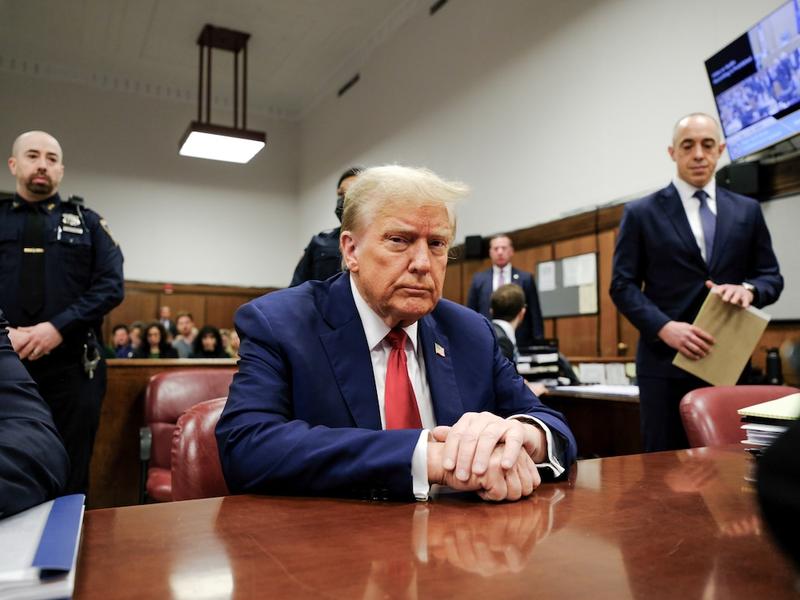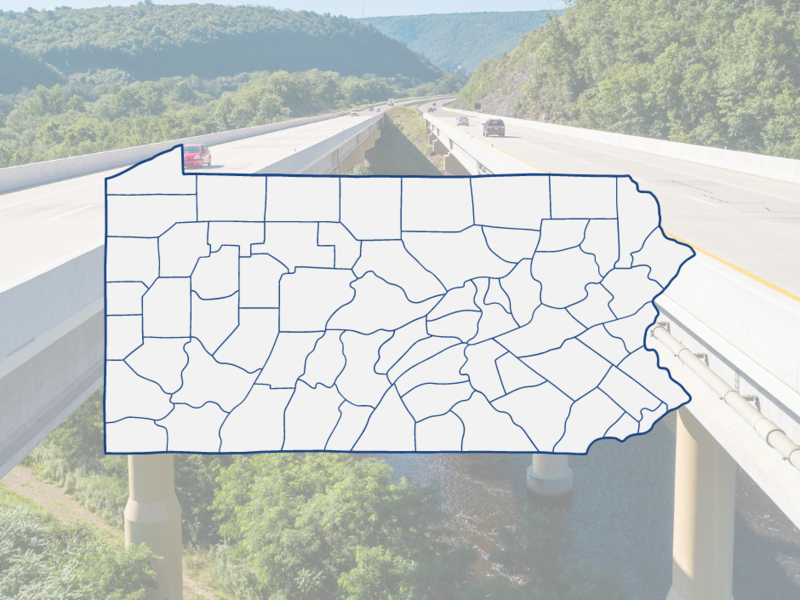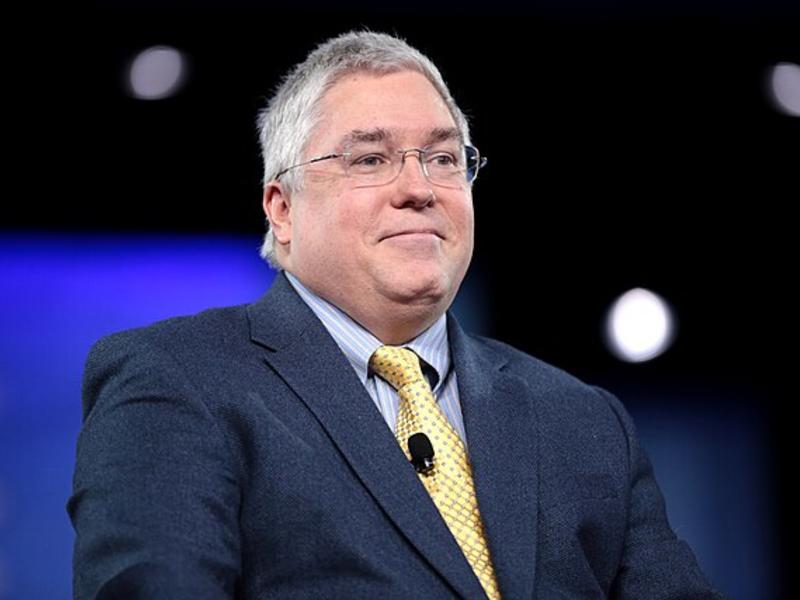
The coronavirus pandemic arguably has changed the daily lives of nearly every American more than any other single event in our nation’s 245-year history—more than the Civil War, the Great Depression, or World War II. For most of us, what we do and where do we do it on a typical day has changed enormously. Some have learned that they are not nearly as tethered to their physical workplace as they thought, or relocated across the country. Some have suffered devastating financial troubles, illnesses, or the death of a loved one. Nearly all of us miss interacting with friends and family.
One of the things I miss most is no longer being able to go out to lunch, or better yet dinner (and copious quantities of wine) with smart, knowledgeable, interesting people, be they pollsters, lobbyists, journalists, historians, or campaign consultants. Sure, we can have Zoom meetings and conversations, trade emails or talk on the phone, but it isn’t quite the same.
I miss the times at the Capital Grille on Pennsylvania Avenue between the Capitol and the White House, as well as the (now closed) Ruth’s Chris Steakhouse near the Verizon Center. The latter had a private room that was the perfect size for small, off-the-record dinners for the Cook Political Report team and the top brass of party campaign committees or key super PACs. Other sit-downs were a little less clubby: One pollster and I would get together every six to eight weeks for breakfast at the Original Pancake House in Bethesda after he/she dropped their kids off at school.
The absence of these sit-downs (and the increased time spent staring at screens) means that what was already a lot of reading just increased exponentially. For me, going through The New York Times, The Wall Street Journal, and The Washington Post every morning remains a necessity, as well as following articles and columns from a select (few) journalists for other newspapers and publications. In fact, I have Google Alerts tip me off whenever anything is posted online from several journalists whose work I particularly value.
But there is one thing that has become increasingly essential to me over the last decade or so. Long before the pandemic hit, I developed an appreciation for a group of news sources that aren’t as elite or insider-oriented as those highly specialized publications that regular readers of this column no doubt consume daily. It is important to see news the way it is presented to more “normal people,” those whose lives do not revolve around the politics and goings-on inside the Washington Beltway, the state capitols, the biggest cities, and the coasts.
These are the three broadcast evening news programs. Every evening, about 41 million people watch ABC World News Tonight with David Muir, the CBS Evening News with Norah O’Donnell, or the NBC Nightly News with Lester Holt. In many weeks, all three are among the 10 most-watched television shows.
To be sure, the PBS NewsHour, hosted by Judy Woodruff, is far meatier, more substantive, and insightful (and a half-hour longer). But with a higher-brow audience, it doesn’t serve the same purpose as the Big Three broadcast news programs.
Which one to watch is a matter of personal taste. The important thing is to see and hear what a large slice of people who don’t have a partisan or ideological bent are covering, and how “normal” people will react. Personally, I record all three and religiously watch at least one, usually two, and occasionally all three each night.
Notably absent from my list are the cable news channels. Yes, CNN, Fox News, and MSNBC all have some top-notch, talented journalists on board. Each has its place in the constellation of media. But as a sole or primary source of news, they are perhaps not the best option. Opinions are fine, but many viewers have unknowingly conflated opinion with news. Just as nutritionists tell us to eat a balanced food diet, people should have a balanced diet of news as well, making sure they don’t just stick to the dessert. The broadcast news shows give a balance and broader perspective than just about anything else.
Also not a substitute for news, but increasingly valuable for analysis, are the many very good news podcasts out there. I particularly like those that publish transcripts that can be read and reread, highlighter in hand, making notes in the margins to keep the most important points easily retrievable. Just this morning I was reading the transcript of Ezra Klein’s recent podcast interview with Republican pollster Kristen Soltis Anderson, easily the most interesting and insightful thing I have read in a long time.
The important thing is to make sure most of your media intake is news and information, from a diverse array of sources that seek to inform, not persuade or titillate. That’s good advice now and will be once our lives get back toward normal, even if things are never quite the same again.
This article was originally published in the National Journal on April 9, 2021.










Subscribe Today
Our subscribers have first access to individual race pages for each House, Senate and Governors race, which will include race ratings (each race is rated on a seven-point scale) and a narrative analysis pertaining to that race.